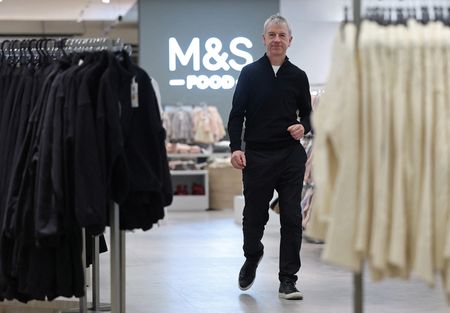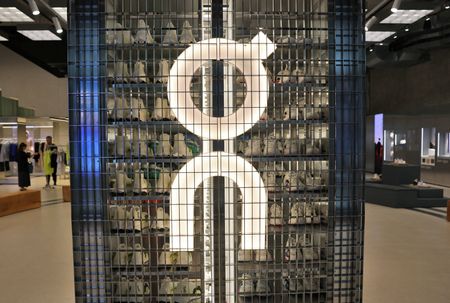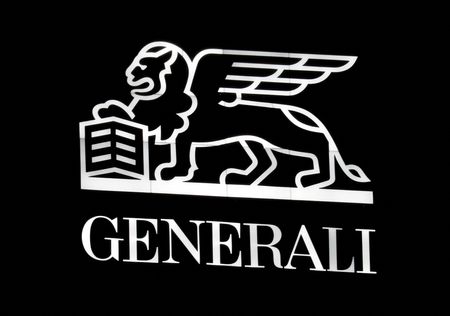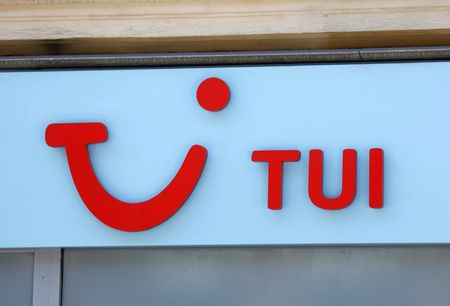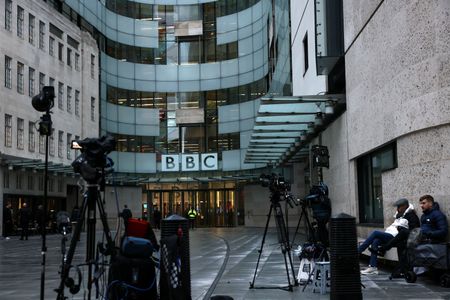FRANKFURT (Reuters) -Euro zone inflation is unlikely to fall too low and risks may actually be skewed toward higher than forecast readings, but the European Central Bank can tolerate small target deviations, ECB board member Isabel Schnabel said on Wednesday.
Euro zone inflation has been holding around the bank’s 2% target for most of this year but may slip below it next year, fuelling a debate about the risk of a more persistent undershooting, much like in the pre-pandemic decade.
Schnabel, an outspoken hawk, dismissed such worries and argued that many of the factors which could have pulled price growth too low are showing rather benign developments.
“My narrative is one of an economy that is recovering, with a closing output gap, expecting a significant fiscal impulse, which stimulates the economy,” Schnabel told a BNP Paribas conference.
“And all of that is not an economy that produces disinflationary pressures,” Schnabel said. “If anything, it goes in the other direction.”
The exchange rate, which curbs imported inflation, has now stabilized, while fears that China would dump surplus export goods on the bloc are also not materialising.
“Actually, exports from China to the EU are actually now going down,” Schnabel said. “So far this risk hasn’t materialised.”
She argued that geopolitical fragmentation may push up costs and the same goes for supply chain disruptions, like the loss of access to rare earths.
Food price inflation is also relatively high and wage growth has come down more slowly than thought, she added.
“Overall, this leads me to the conclusion that, if anything, risks are rather tilted a little bit to the upside,” she said.
(Reporting by Balazs Koranyi; Editing by Sharon Singleton, William Maclean)



